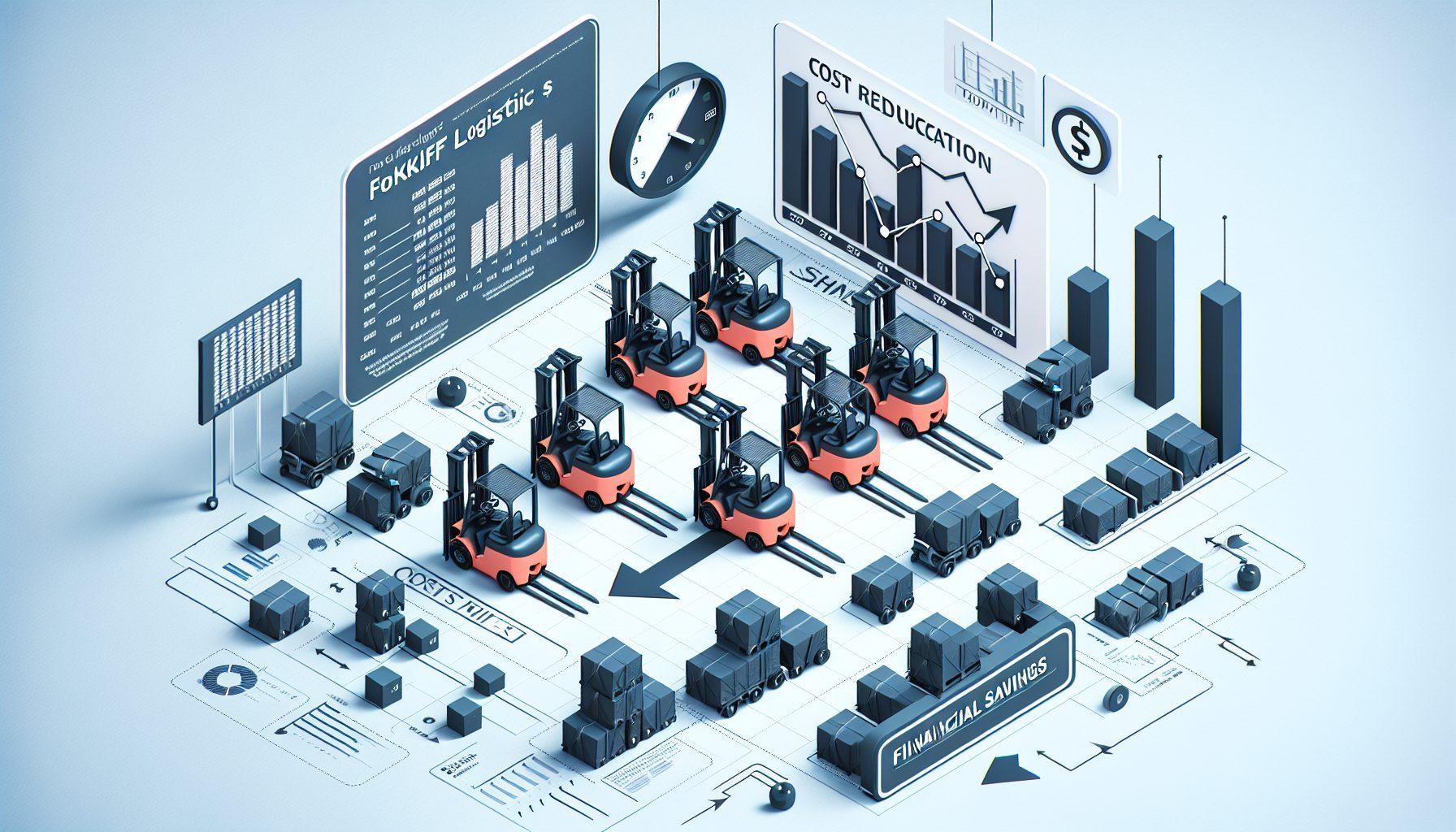In today’s fast-paced and competitive business world, optimizing warehouse operations is essential for companies to stay ahead. One crucial aspect of warehouse optimization is efficient forklift fleet management. An effective forklift fleet logistics strategy can significantly reduce costs and improve overall warehouse performance.
The Importance of Forklift Fleet Logistics
Forklifts play a vital role in warehouse operations, enabling the movement and transportation of goods efficiently and safely. However, managing a fleet of forklifts can be a complex and challenging task. Without proper planning and optimization, businesses can face issues such as equipment downtime, poor productivity, and increased maintenance costs.
Implementing a robust forklift fleet logistics system can address these challenges and provide numerous benefits for companies. Let’s explore some key reasons why investing in forklift fleet logistics is crucial for reducing costs and enhancing warehouse performance:
1. Improved Equipment Utilization
An optimized forklift fleet logistics system ensures that forklifts are used to their full potential, maximizing their productivity. By analyzing usage patterns and demand, companies can determine the appropriate number of forklifts needed and allocate them effectively. This reduces the risk of overutilization or underutilization of forklifts, ultimately minimizing costs and increasing operational efficiency.
2. Preventive Maintenance and Reduced Downtime
Regular maintenance is essential to keep forklifts operating at their best and prevent costly breakdowns. Forklift fleet logistics involves implementing preventive maintenance schedules, monitoring the performance of each forklift, and identifying any maintenance issues before they escalate. By adhering to a proactive maintenance approach, businesses can minimize unplanned downtime, reduce repair costs, and prolong the lifespan of their forklifts.
Furthermore, a forklift fleet logistics system helps in managing parts inventory and streamlining the spare parts ordering process. This ensures that the necessary parts are always available, minimizing the time required for repairs and further reducing downtime.
3. Operational Efficiency and Productivity
An optimized forklift fleet management system streamlines warehouse operations, leading to increased efficiency and productivity. Through real-time monitoring and data analysis, businesses can identify bottlenecks, optimize workflow, and improve overall operational processes.
Additionally, forklift fleet logistics enables businesses to assign the right forklift for specific tasks based on their capabilities and characteristics. This ensures optimal utilization of each forklift and prevents unnecessary movement and wasted effort. As a result, tasks are completed faster and more accurately, increasing productivity and saving valuable time and resources.
4. Enhanced Safety and Reduced Accidents
Warehouse safety is a top priority for any business, and forklifts can pose significant safety risks if not managed correctly. Forklift fleet logistics includes implementing safety protocols and measures, conducting regular training for operators, and monitoring their performance.
By maintaining a well-organized forklift fleet management system, businesses can reduce the risk of accidents, ensuring the safety of employees and minimizing damage to goods and equipment. This, in turn, reduces costs associated with potential accidents and ensures a safer working environment.
5. Optimal Cost Management
Implementing forklift fleet logistics allows companies to have better control over costs associated with their forklift fleet. By effectively managing maintenance schedules, spare parts inventory, and operator training, businesses can prevent unnecessary expenses and better allocate their resources.
Moreover, with the help of data analytics and performance monitoring, companies can identify areas where cost-saving measures can be implemented. This can include evaluating fuel consumption, optimizing routes, and identifying opportunities for automation. By optimizing costs throughout the forklift fleet logistics process, businesses can achieve significant savings in their warehouse operations.
The role of forklift fleet logistics is undoubtedly crucial in reducing costs and improving warehouse performance. HCO Innovations is a leading provider of warehouse optimization solutions, including forklift fleet management services. Their expertise in implementing efficient forklift fleet logistics systems helps businesses enhance safety, productivity, efficiency, and cost-effectiveness within their warehouse operations.
If you want to learn more about how HCO Innovations can help you optimize your forklift fleet logistics, visit their website.

